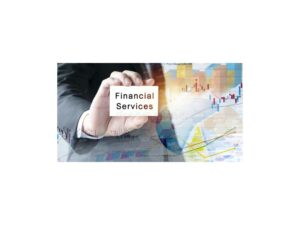South Korea’s move to introduce guidelines for NFTs as virtual assets comes at a time when the digital collectibles market is booming. With the upcoming implementation of the Virtual Asset User Protection Act, entities issuing NFTs will now have to navigate a more regulated landscape.
The new guidelines highlight the importance of compliance and reporting for NFT issuers, with sanctions in place for those who do not adhere to the requirements. This shift in classification underscores the need for a deeper understanding of how NFTs are structured and traded.
By taking a closer look at the Token Securities Guidelines provided by the Financial Services Commission, businesses can better assess whether their NFTs fall under the category of securities or virtual assets. This distinction can have significant implications for how NFTs are regulated and traded moving forward.
As South Korea sets the stage for a more regulated NFT market, it raises questions about the global implications of these guidelines. Will other countries follow suit in classifying NFTs as virtual assets? How will this impact the broader digital collectibles industry?
In an ever-evolving landscape of technology and finance, the South Korean government’s proactive approach to regulating NFTs serves as a valuable case study for how policymakers can adapt to new digital trends. As the NFT market continues to grow, it will be crucial for businesses and investors to stay informed and compliant with the latest regulations to navigate this evolving space.



